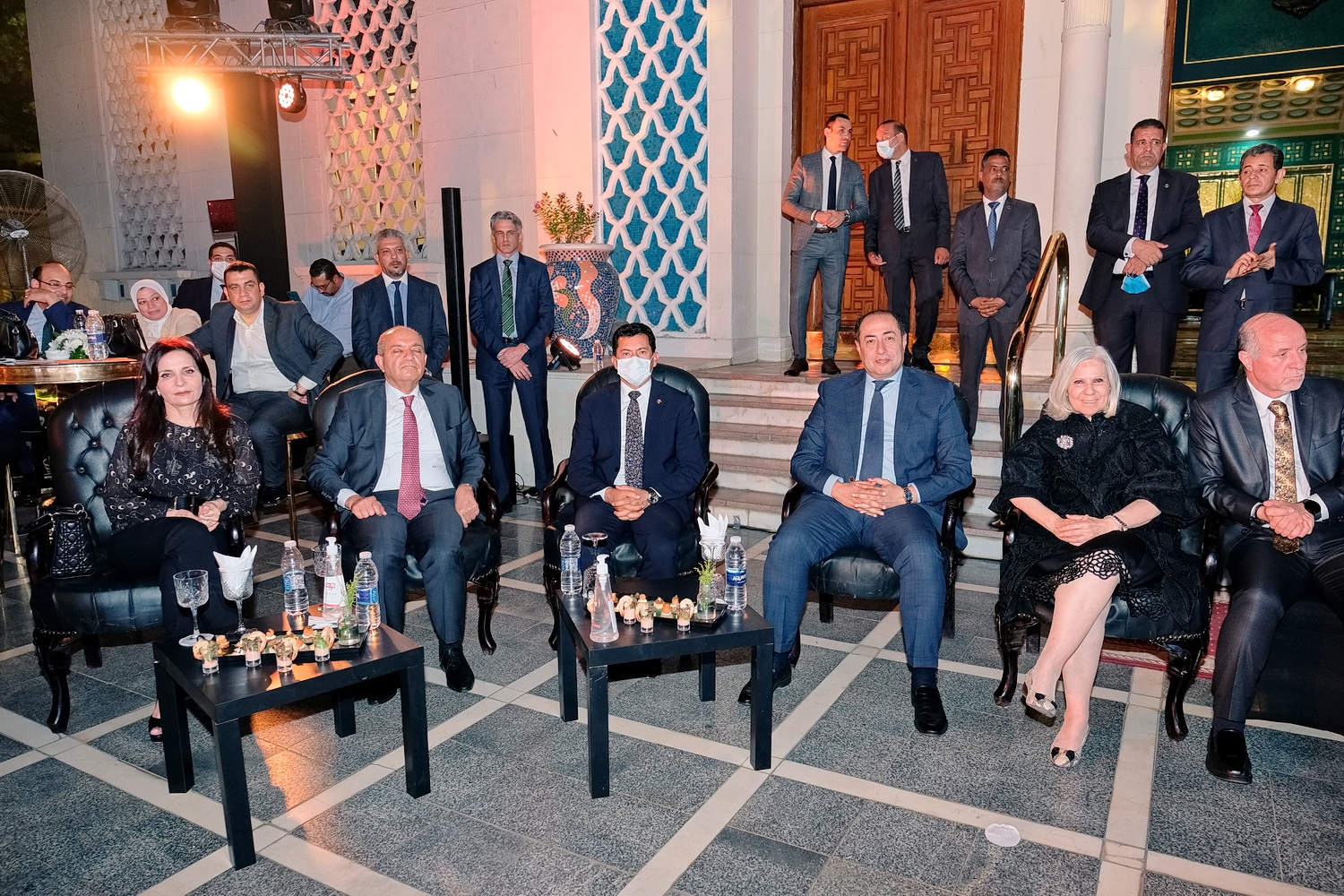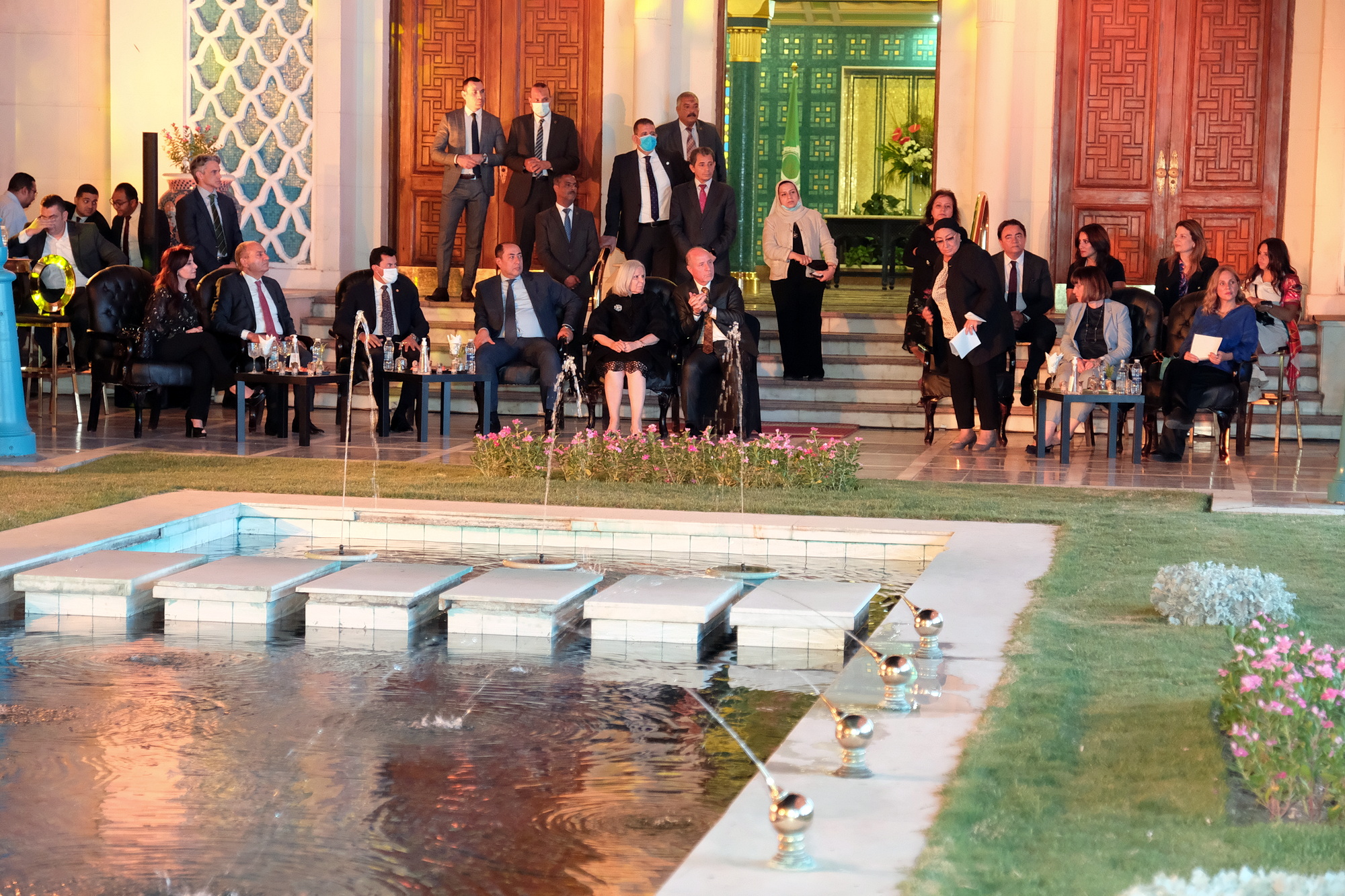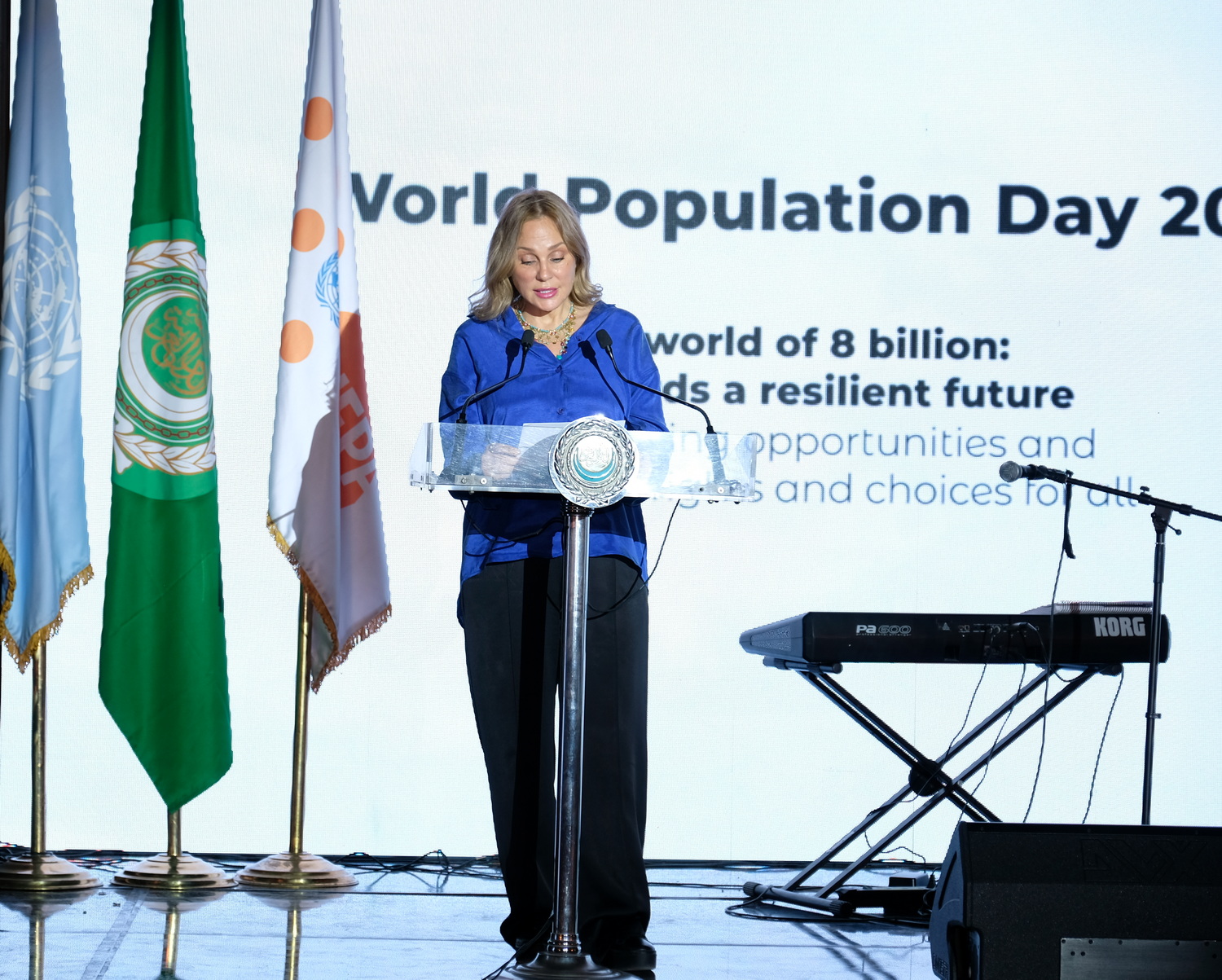Definition
On July 11, 1987, the world's population reached five billion people. In 1989, thanks to the increasing interest in population issues, the United Nations Development Program (UNDP) established 11th July as World Population Day. Then, the United Nations General Assembly decided, by its resolution No. 45/216 of December 1990, to continue celebrating that occasion for the purpose of raising awareness of global population issues and its relationship with the environment and development.
This International Day was first celebrated on 11 July 1990 in more than 90 countries. Since then, many UNFPA Regional Offices, along with other organizations and institutions, commemorate the day in partnership with governments and civil society organizations.
World Population Trends
Current estimates indicate that roughly 83 million people are added to the world's population each year. Besides, even assuming that fertility levels will continue to decline, the world's population is expected to reach 8.6 billion in 2030, 9.8 billion in 2050, and 11.2 billion in 2100, according to the projections of the medium-fertility variants.

Celebrating The World Population Day
On Tuesday, July 26, 2022, a celebration of World Population Day was held under the patronage of His Excellency the Secretary-General of the League of Arab States, Ahmed Aboul Gheit, at its headquarters in Cairo. This year's theme for the day is "A world of 8 billion: Towards a resilient future for all – Harnessing opportunists and ensuring rights and choice for all". The celebration was organized by the General Secretariat of the League of Arab States, in cooperation with the United Nations Population Fund's office at the headquarters of the League of Arab States. The event included a farewell ceremony for the UNFPA Regional Director for the Arabic States, Dr. Louay Shabaneh, who completed six years in this position, to express thanks and gratitude for the achievements made by the United Nations Population Fund in the region.
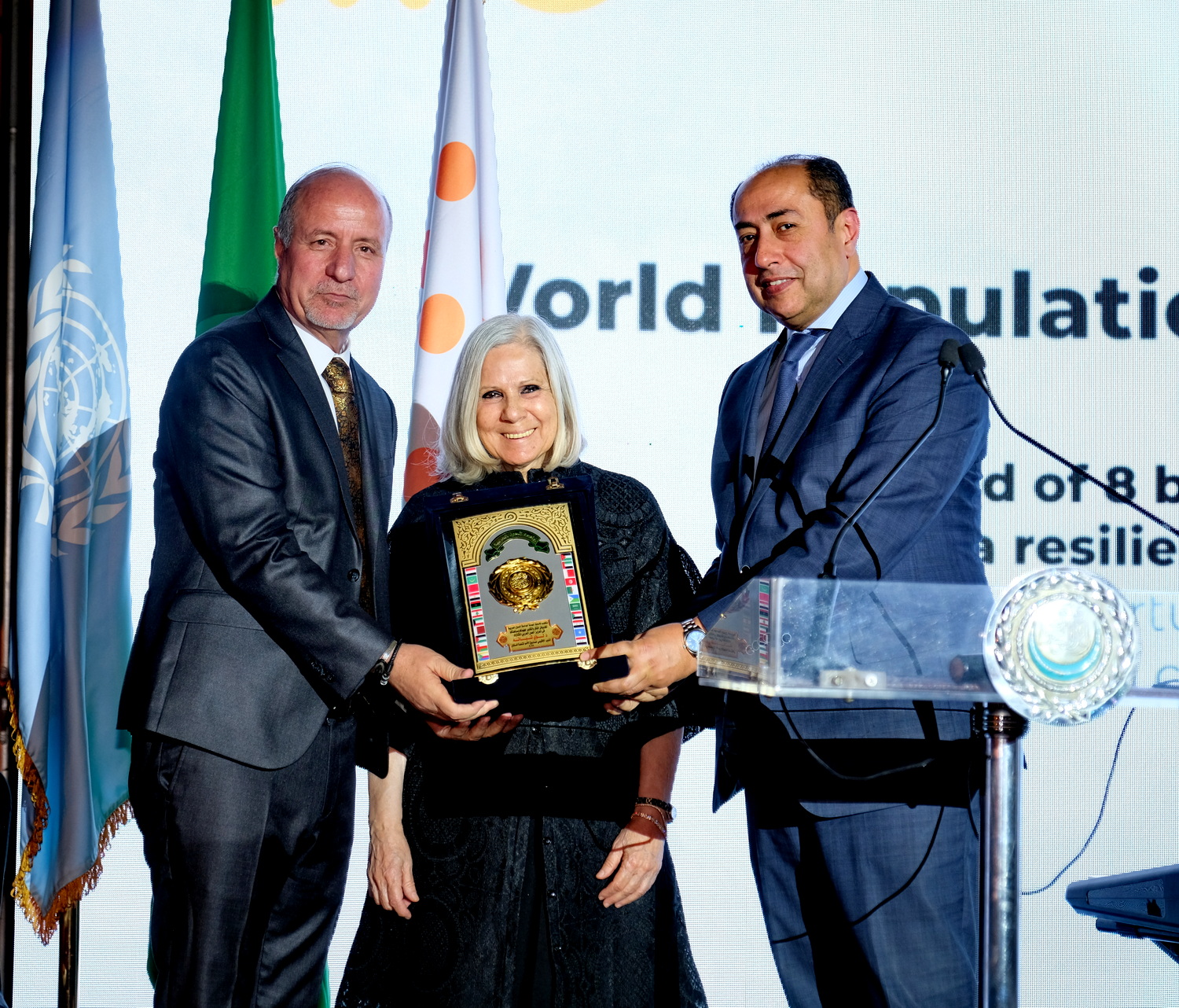
On this occasion, HE Ambassador Dr. Haifa Abu-Ghazaleh, Assistant Secretary-General and Head of the Social Affairs Sector of the League of Arab States; HE Dr. Ashraf Sobhy, Egyptian Minister of Youth and Sports; Dr. Louay Shabaneh, UNFPA Regional Director for the Arabic States; Dr. Maha Rabat, World Health Organization's (WHO) special envoy to Egypt on COVID 19, and the former Minister of Health in Egypt, as well as the Egyptian star/ Sherine Reda. His Excellency Ambassador Hossam Zaki, Assistant Secretary-General and Head of the Office of the Secretary-General of the League of Arab States, participated in the event together with many other ministers, ambassadors, and delegates of Arab and foreign countries and heads of United Nations organizations and offices, operating in the Arab Republic of Egypt.
The celebration shed light on how to create proactive and transformative paths, in a world that witnesses a rapid demographic change. Those paths that lead to unity and sustainability, help to face the inevitable changes and harness the unlimited possibilities in order to achieve a just, prosperous, and sustainable world for all of us.
During the ceremony, Ambassador Dr. Haifa Abu-Ghazaleh stated that although the world's population is currently growing at the slowest pace since 1950, reaching 8 billion people at the beginning of November 2022, this population increase implies a growing demographic diversity. Consequently, this will lead to the creation of different population policies able to achieve many successes on many levels, such as promoting reproductive health, decreasing fertility rates, reducing maternal mortality, and improving the average life expectancy. However, these policies will also have many failures and serious attempts to overcome them; such as gender inequality, the empowerment of women and vulnerable groups, gender-based violence, early marriage, climate change, etc.
( full text .pdf)
full text .pdf)
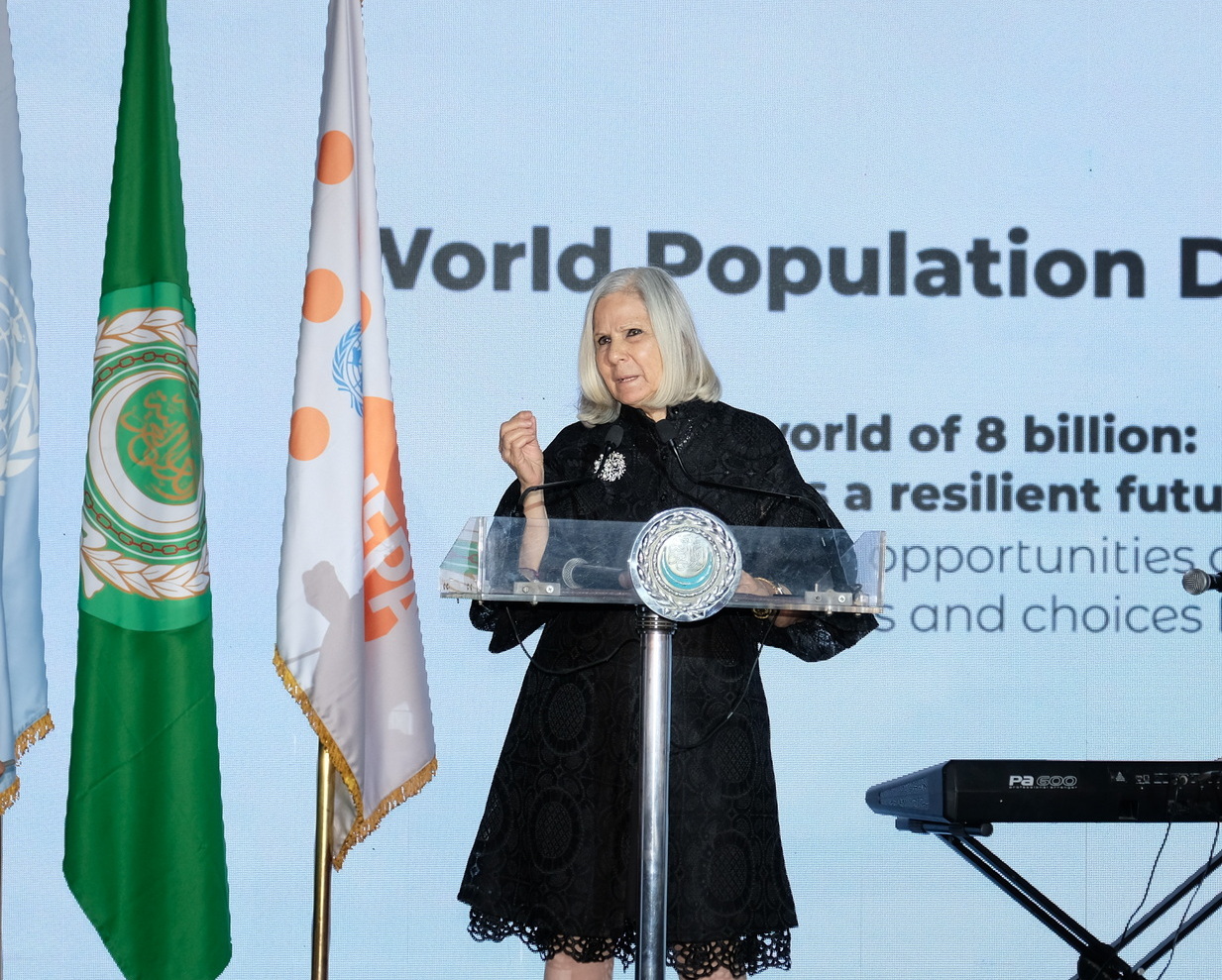
For his part, Minister Ashraf Sobhi said that
the Ministry always implements the slogan of the United Nations, "Together
for Youth", as it believes that today’s youth are the generation of
sustainable development, as well as being the turning point in achieving the
development plans of any country. ( full text .pdf)
full text .pdf)
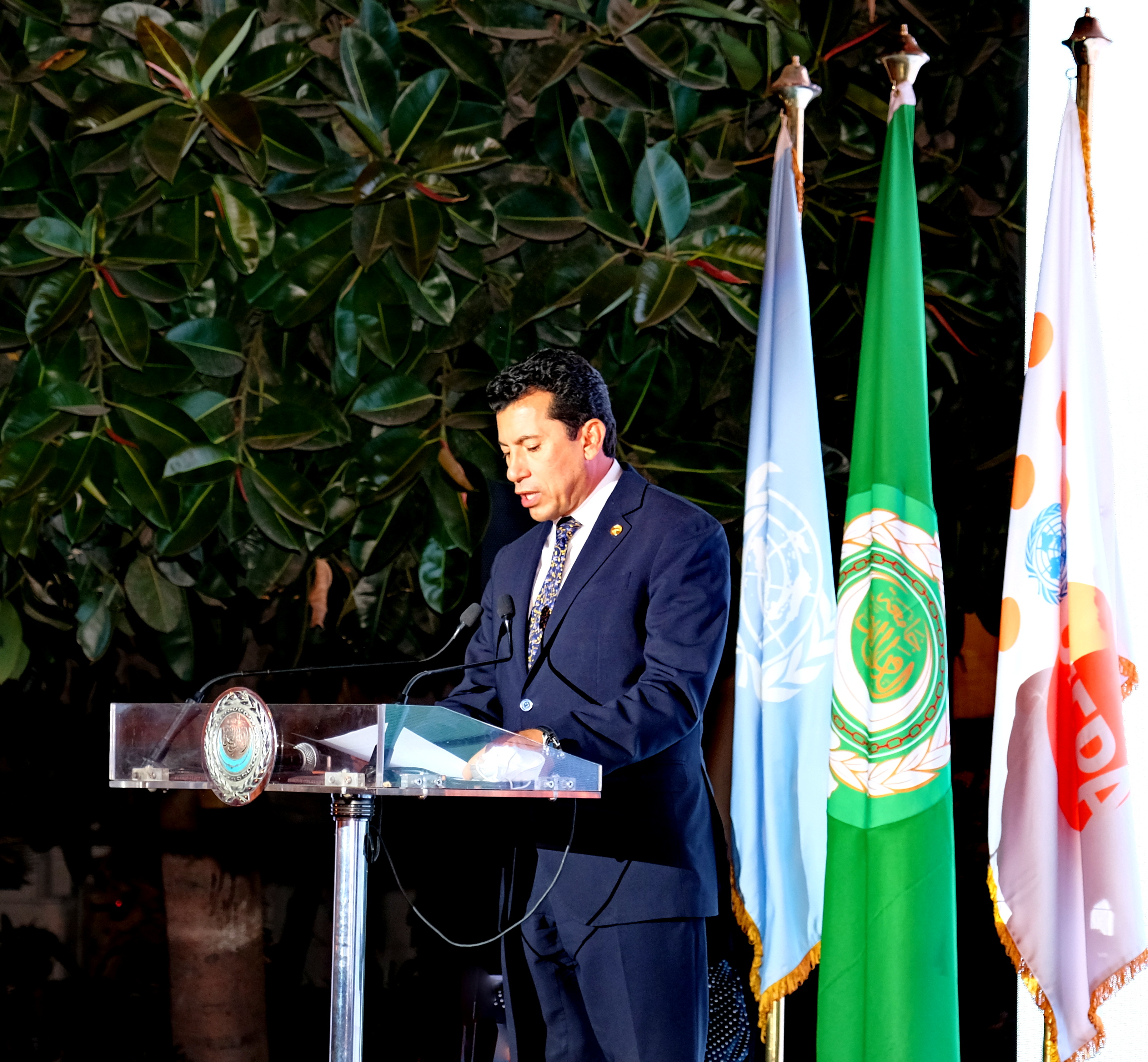
He also said that Egypt is rich by its people and its demographic gift, represented by the youth who constitute 67% of the population.
On the other hand, Dr. Louay Shabaneh, the UNFPA Regional Director for the Arabic States, affirmed that, in order to achieve the 2030 global agenda, it is necessary to understand the ways of population change and to benefit from available data to establish population policies based on evidence. This evidence would not only help to mitigate the potential negative impacts, but also take full advantage of the opportunities that accompany the demographic change.
